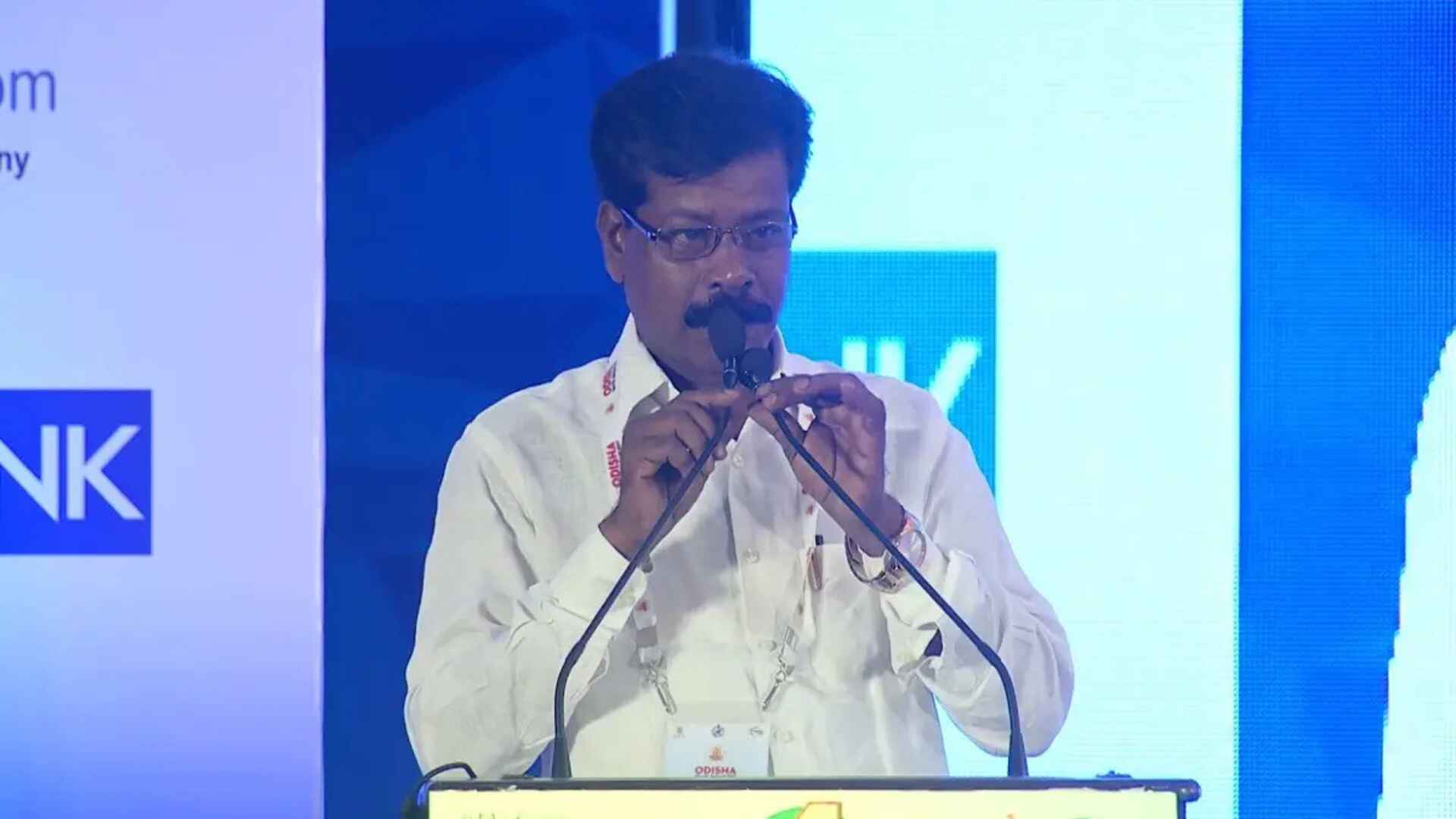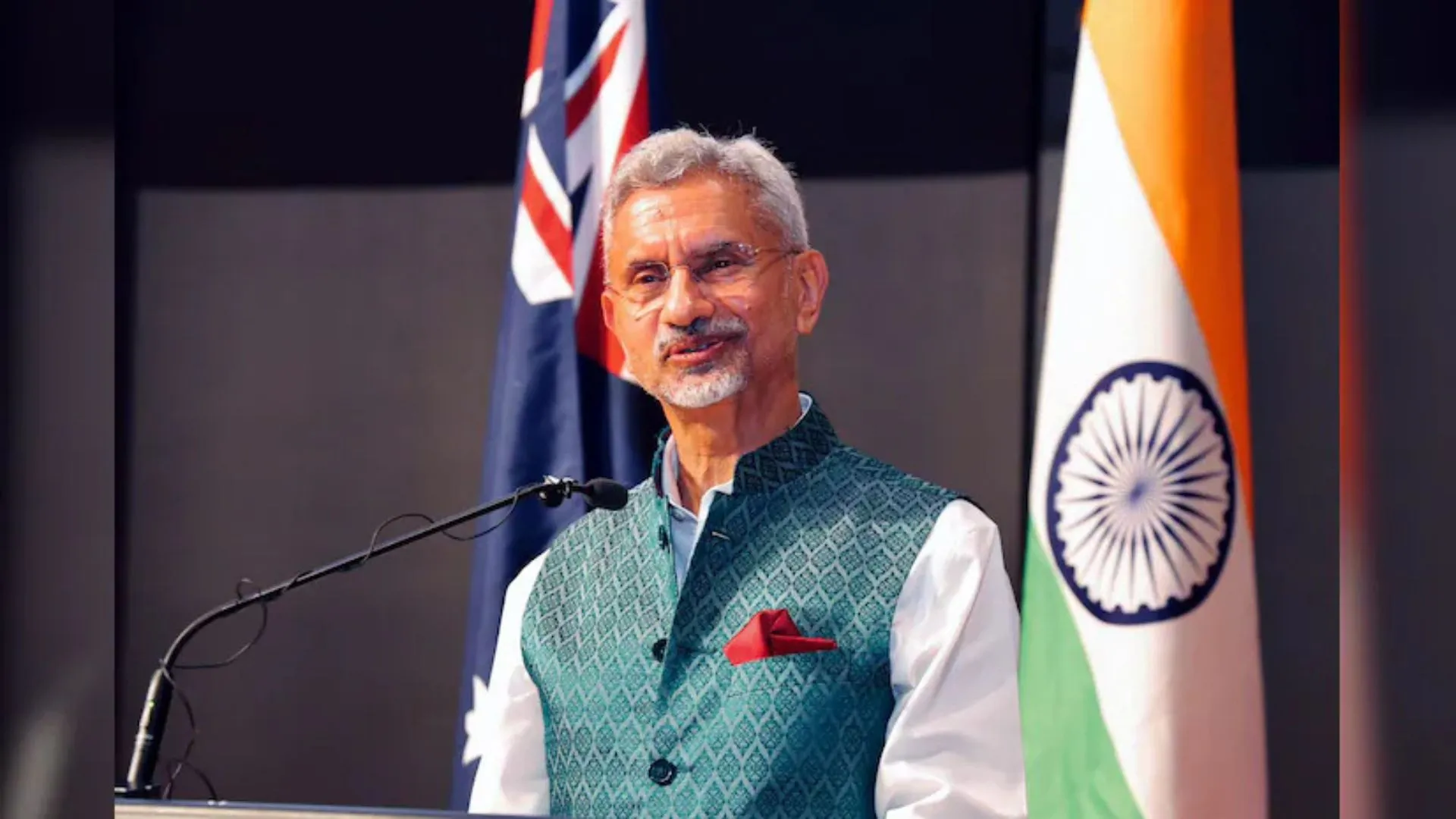Congress MP Karti Chidambaram has criticized Infosys co-founder Narayana Murthy’s call for a 70-hour workweek, dismissing the notion that longer working hours are essential for India’s growth. Chidambaram’s response highlights the need for efficiency and work-life balance rather than an extended work schedule.
Murthy’s Call for Hard Work
At a recent event, Narayana Murthy, 78, expressed his disappointment over India’s shift from a six-day to a five-day workweek in 1986, urging citizens to adopt a more rigorous work schedule. Drawing inspiration from Prime Minister Narendra Modi’s reputed 100-hour workweeks, Murthy emphasized that India’s development requires sacrifice and hard work, citing that the country’s global standing would improve through dedication.
Murthy, known for his own grueling 14-hour workdays, believes that hard work is essential to lifting millions of Indians out of poverty. He cited China’s workforce, where workers are reportedly more productive, as an example for Indians to follow.
Karti Chidambaram’s Response
Karti Chidambaram, however, strongly disagrees with Murthy’s views. Taking to social media platform X (formerly Twitter), the Congress MP argued that efficiency, not endurance, is key to productivity and growth. Chidambaram emphasized that daily life in India is already a struggle due to inefficient infrastructure and inadequate amenities.
Working longer is meaningless, focus should be on efficiency. Daily life is as it is a struggle, battling inefficient & substandard infrastructure & amenities. Work life balance is most important for good social order & harmony. We should infact move to a 4 day working week. 12… https://t.co/EOOer6AgnK
— Karti P Chidambaram (@KartiPC) December 22, 2024
He wrote:
“Working longer is meaningless, focus should be on efficiency. Daily life is a struggle, battling inefficient & substandard infrastructure & amenities. Work-life balance is most important for good social order & harmony.”
Chidambaram further proposed that India should consider adopting a four-day workweek, stating, “We should in fact move to a 4-day working week. 12 noon on Monday to 2 pm on Friday.”
Support from Gaurav Gogoi
Chidambaram’s comments are echoed by his colleague, Gaurav Gogoi, who also criticized Murthy’s stance on work-life balance. Gogoi pointed out that life should not revolve solely around work, highlighting the importance of nurturing personal relationships and spending time with family.
“What is life but looking after your children, cooking for them, teaching them, taking care of your elderly parents, being there for your friends in their times of need?” Gogoi posted on X, also noting the challenges faced by working women in balancing work and family life.
Murthy Defends His Stance
Despite the criticism, Narayana Murthy remains steadfast in his belief that a hard-working mindset is crucial for India’s development. He argues that young people must understand the importance of working hard to elevate the country’s global standing. Murthy also expressed concern about the large number of Indians living in poverty and emphasized that if the nation is to improve, its citizens must work harder.
Conclusion
The debate around work culture in India continues to gain attention, with business leaders like Murthy advocating for longer hours, while politicians like Chidambaram and Gogoi push for more sustainable and balanced approaches. The growing conversation reflects the broader tensions between productivity, personal well-being, and national progress.














